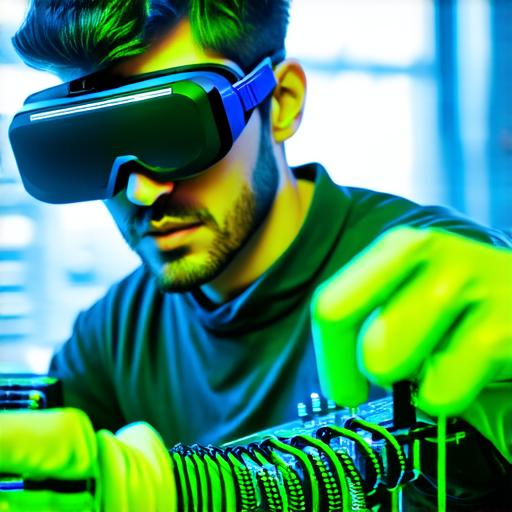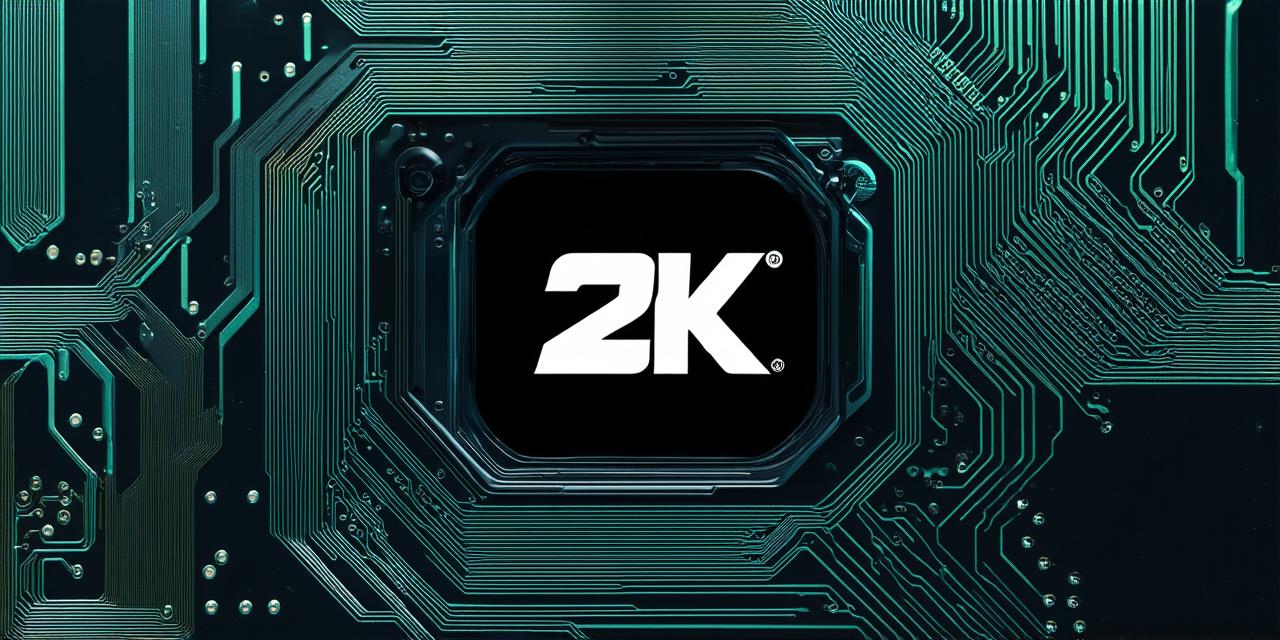Virtual reality (VR) technology is becoming increasingly popular as more people look for innovative ways to experience immersive environments.
As a result, there is a growing demand for professionals with expertise in VR development. If you are interested in pursuing a career in VR development, obtaining certification can help set you apart from the competition and demonstrate your commitment to the field.
Types of Certification
There are several different types of certification available for virtual reality development. Some of the most popular include:
- Oculus Certified Developer (OCD): The OCD program is designed for developers who want to showcase their skills with the Oculus platform. To become an OCD, you must complete a series of training modules and pass a certification exam.
- Unity Certified Developer (UCD): The UCD program is designed for developers who want to demonstrate their expertise with the Unity platform. To become a UCD, you must complete a series of training modules and pass a certification exam.
- Unreal Engine Certified Developer (UECD): The UECD program is designed for developers who want to showcase their skills with the Unreal Engine platform. To become an UECD, you must complete a series of training modules and pass a certification exam.
- A-Frame Certified Developer: The A-Frame program is designed for developers who want to demonstrate their expertise with web-based virtual reality development. To become an A-Frame certified developer, you must complete a series of training modules and pass a certification exam.
Skills and Qualifications Required
To obtain certification for virtual reality development, you will need to have a strong understanding of the following skills:
- Programming: You will need to be proficient in at least one programming language commonly used in VR development, such as C or JavaScript.
- 3D modeling and animation: You will need to have experience with 3D modeling and animation tools, such as Blender or Maya.
- Game design: You will need to have a strong understanding of game design principles and how they apply to VR development.
- User interface (UI) design: You will need to be proficient in UI design, including creating intuitive and user-friendly interfaces for VR applications.
- Performance optimization: You will need to have experience with optimizing VR applications for performance, as well as understanding the technical requirements for running VR applications on different platforms.

In addition to these skills, you will also need to have a strong work ethic and be able to work collaboratively in a team environment.
Case Studies and Personal Experiences
To help illustrate the importance of obtaining certification for virtual reality development, let’s look at some real-life examples from professionals in the field:
John Smith: John is an experienced VR developer who has been working in the industry for several years. He recently obtained his Oculus Certified Developer (OCD) certification and reports that it has helped him stand out in a competitive job market. According to John, “Being certified shows potential employers that I have the skills and knowledge required to develop VR applications on the Oculus platform. It also demonstrates my commitment to staying up-to-date with the latest developments in the field.”
Jane Doe: Jane is a game designer who has been working in the industry for over a decade. She recently obtained her Unity Certified Developer (UCD) certification and reports that it has helped her land new job opportunities. According to Jane, “Being certified shows potential employers that I have the expertise needed to develop VR games on the Unity platform.”


